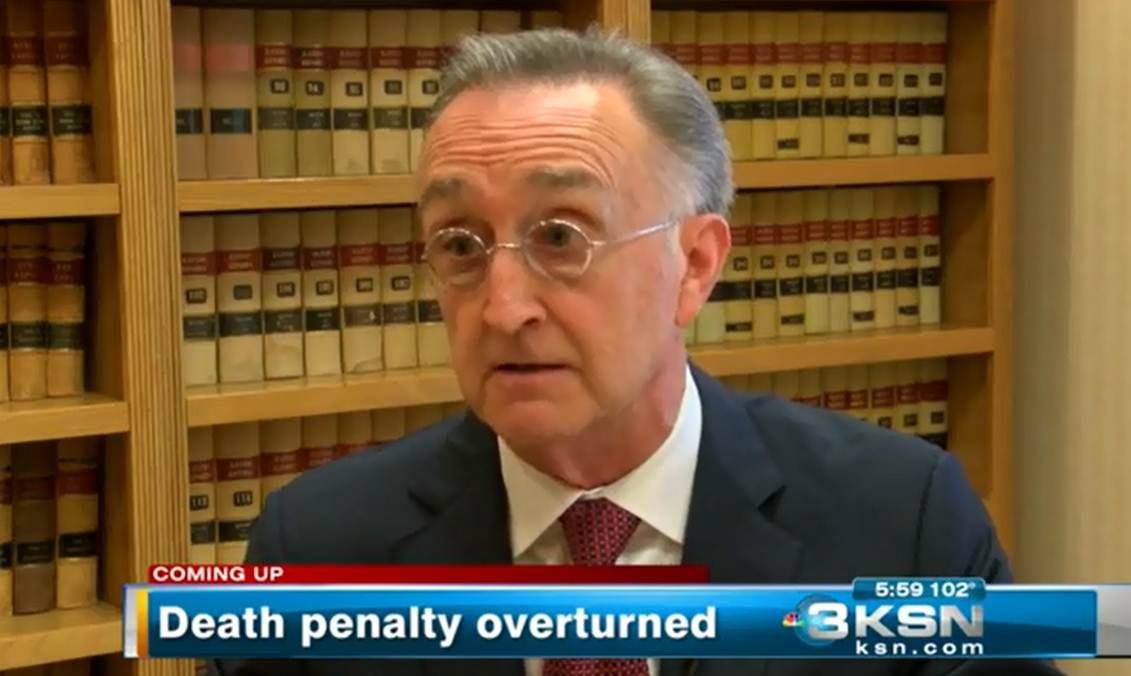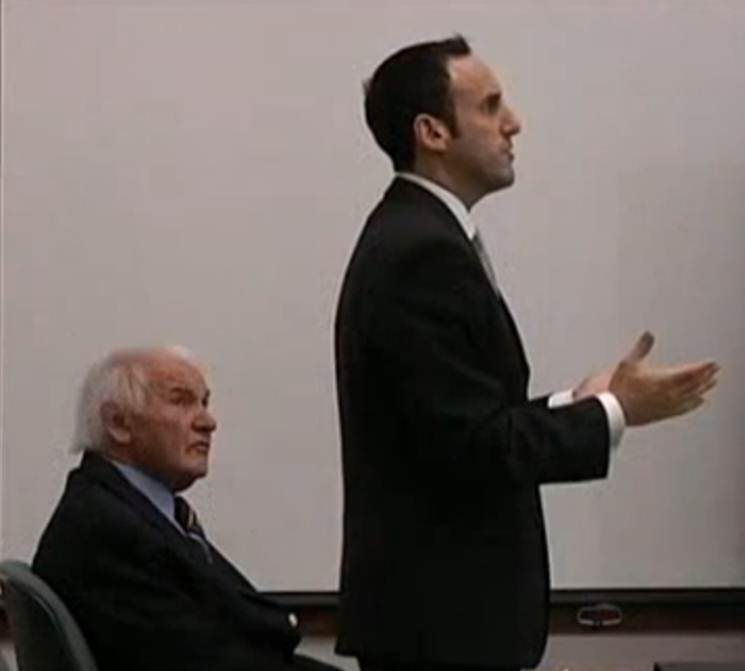WICHITA, Kansas – Seth M. Jackson, 29, the foster father accused of leaving a 10-month-old child to die inside a hot car was charged on Wednesday in Sedgwick County Court with first-degree murder. An alternative count of second-degree murder charge has also been filed.
Seth Jackson’s mother shared a photo of the baby that died in a hot car with KSN on Friday.
The judge also stated that Jackson must not have any contact with anyone on the witness list, including his partner and his mother.
“This entire list, I can’t talk to anybody on that list, including my husband and my mother?” Jackson asked the judge.
The judge responded, “At this point that is correct.”
Bail for Jackson has been set at $250,000 with numerous conditions.
The next scheduled hearing for Jackson will be on August 13th at 9 a.m.
“After reviewing the case we determined these were appropriate charges based on the evidence,” Dan Dillon, a spokesman for the Sedgwick County district attorney, said without further comment.
Kansas law calls for a first-degree murder charge when someone is killed intentionally and with premeditation or “in the commission of…any inherently dangerous felony.” In Jackson’s case, that could be the endangerment charge on which he was first held.
But Jackson’s defense lawyer, John Stang told NBC News that the facts of the case don’t support a murder rap, which carries a life sentence with a minimum of 20 years behind bars.
“Overcharged, in my opinion,” Stang said. “Rather high for a mistake. I’m not trying to say it’s not a horrible loss. The death of a child is an awful thing. But this person is looking at 15 more years than someone who was driving drunk and ran into a car and killed someone.”
Stang also went on to say that he has see no evidence that Jackson and his partner neglected or abused their two adopted children and four foster children.
Last week, Jackson was booked on suspicion of aggravated endangerment.
KSN asked legal expert Dan Monnat to comment on why he is being charged with first-degree murder instead of a lesser charge of aggravated child endangerment, which Jackson was arrested under suspicion of.
“What they’re saying is that he recklessly caused the child to be placed in a situation where the child was endangered and regrettably that resulted in the death. Elevating what otherwise would be ‘aggravated child endangerment’ to first-degree murder,” said Monnat.
The baby’s biological grandmother told NBC news that she was surprised by the murder charge.
“It blows my mind. He loved those kids and they loved him so much. I’m mad, but at the same time, accidents do happen. I’m sure he is beat down inside. It’s hard to say what the charge should be,” said grandmother Cindy Poe.
“Even if it’s taken from him legally, his heart will never be the same. It will break every time he holds a baby. It’s going to break every time he walks in there and sees the crib,” said Dottie, the mother of Jackson.
Police say he had “somehow forgotten” leaving the girl in the back seat after picking her up from the baby sitter late Thursday afternoon. He went inside the house with a 5-year-old child but left the baby strapped in the car seat outside. The girl had been in the car for about two hours. Police say Jackson had apparently forgotten about her until something on TV jogged his memory.
Temperatures in Wichita at the time were around 90 degrees.
“He is devastated. He wants to die. Nothing like that should have ever happened to a child, and he knows it, and he wants to be the one. He should be the one and not her,” said Dottie, the mother of Jackson in an interview Friday with KSN.
In response to Wednesday’s charges filed following the death of the 10-month-old baby, Kansas Department for Children and Families (DCF) Secretary Phyllis Gilmore offers the following statement:
“We remain deeply saddened that this child suffered such a horrific death. We support the charges filed in this case, and we will aid in any way possible the prosecution of the defendant.”
DCF continues its investigation into the tragedy.
To read the Kansas Department of Children and Families’ statement in its entirety, click here.
KSN TV



